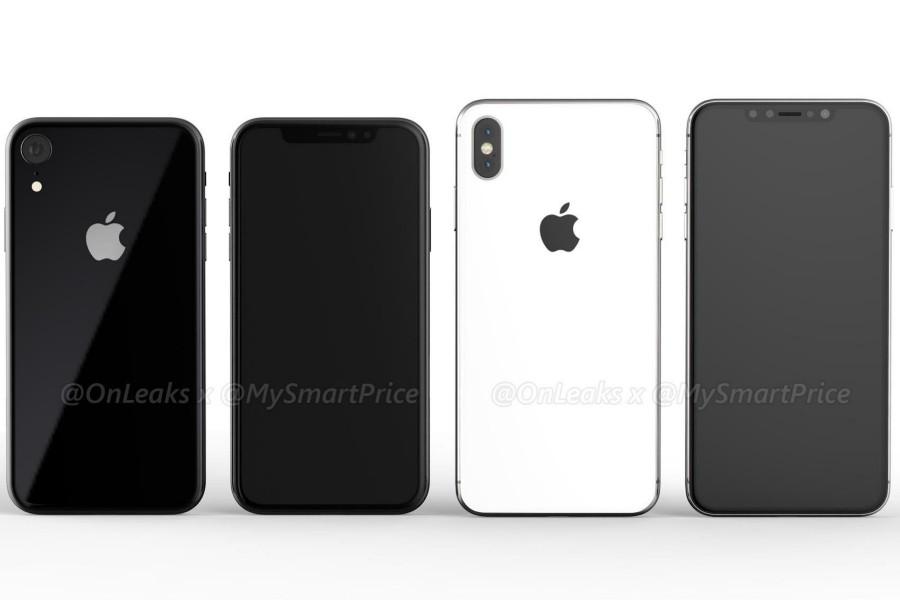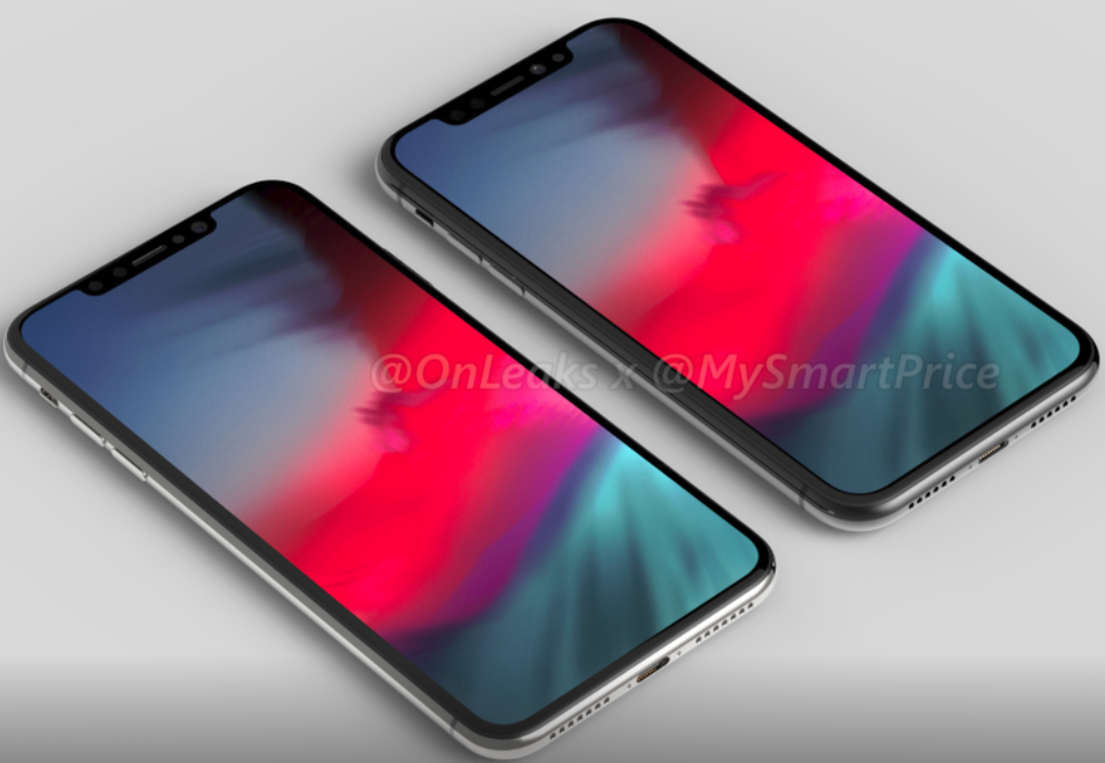 3525
3525
 2018-07-04
2018-07-04
2018 is the year Apple AAPL -1.79% dramatically changes its iPhone line-up, both in terms of display size and cheaper pricing. But new information has revealed one nasty surprise where Apple’s new phones may well fall short: performance...

The first Geekbench results for Apple’s new iPhones have been spotted by eagled-eyed French site iGeneration, and they reveal a year of underwhelming performance stagnation lies ahead.
Breaking down the results for the listed ‘iPhone 11,2’ (expected to be the iPhone X Plus as the iPhone 8 Plus was identified as the ‘iPhone 10,2’), we discover Apple’s upcoming phone has just 10% greater single-core performance and 5% greater multi-core performance than last years models.
This would amount to the smallest generational chipset upgrade in iPhone or Android history.
The exact numbers come out as follows:
iPhone X (2017) - single core: 4206, multi-core: 10,123
iPhone X Plus (2018) - single core: 4673, multi-core: 10,912
Interestingly, MacRumors spoke to Geekbench founder John Poole about these results and he confirmed there was nothing “obviously wrong” with their validity. Needless to say, this is hardly the news iPhone fans would expect given real-world tests have already shown Android phones like the Galaxy Note 8 performing faster than last year’s iPhones.
That said, there are still reasons to be optimistic.

For starters, the Geekbench results reveal some interesting specification data: a jump from 3GB to 4GB of RAM and L1 Instruction Cache and Data Cache from 32KB to 128KB should help the real-world multitasking shortcomings where Android phones have recently had an advantage.
Furthermore, Apple has already stressed iOS 12 will be far more efficient and fluent than (the rather troubled) iOS 11. And prolific tipster Ice Universe notes the results are likely to improve with the final commercial devices. Finally, iPhone X Plus buyers are also likely to be treated to the highest ever iPhone screen resolution so there’s some compensation here.
Despite all this, the numbers are certainly disappointing in a historical context - even if the downward slide has been clear for some time:
The iPhone 6S delivered a 70% faster CPU and 90% faster GPU than the iPhone 6. The iPhone 7 boosted its CPU 40% and GPU 50% over the iPhone 6S and the iPhone 8 offers a 25% faster CPU and 30% faster CPU than the iPhone 7.
Of course, iPhones are about more than raw performance and with Apple set to combine free fast wired charging with circa $300 price cut, I suspect fans will get over one year of performance stagnation without jumping ship…
Source: forbes